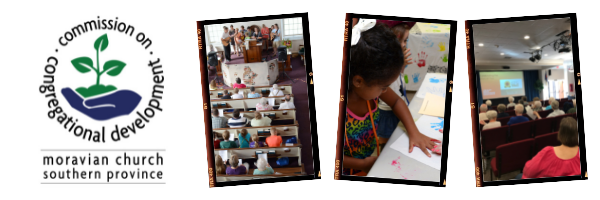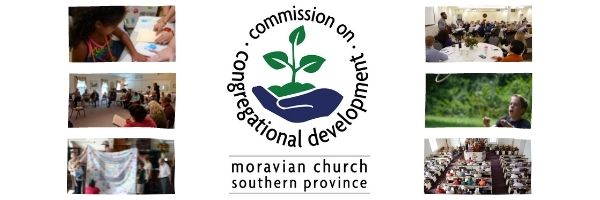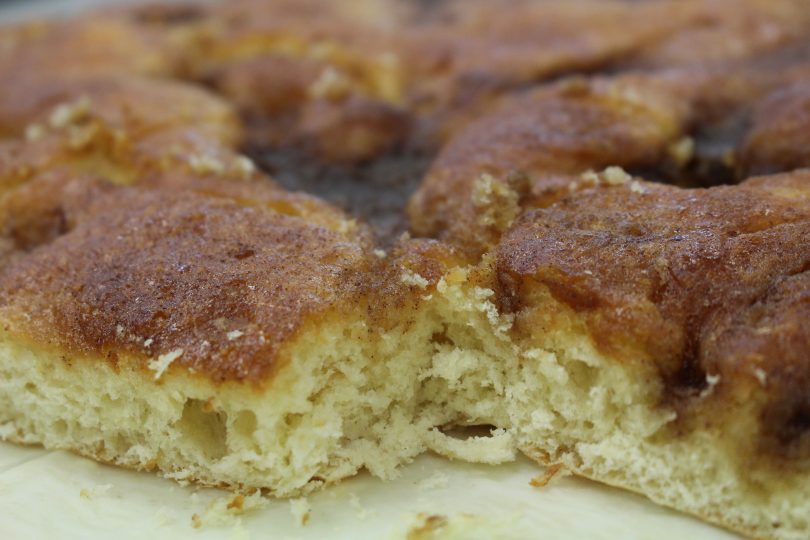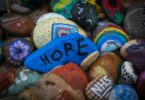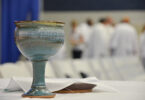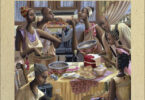
BY REV. CORY L. KEMP |
Tasting History, a YouTube channel hosted by Max Miller, caught my attention and has held it through numerous episodes. It has become my culinary soap opera.
The premise is simple: Max teaches how to make a dish or drink from a time in history, then gives an entertaining, informative lesson about that time period.
An episode called The Penny University featured the eighteenth-century coffee houses of London, how they functioned as cultural hubs of intellectual, innovative conversation, as well as, news collectives and gossip centers. So, for a penny, one could purchase a bowl of coffee and an education. Although distinctly patriarchal, as only men were allowed in, all classes of men could participate, a rarity in a very class-oriented society.
The coffee recipe shared reminded me of how my grandpa made coffee in a small pot on the stove. It also directed me to look at the French press I use for my own morning brew. Not much difference among them in process or result. I like that sense of continuity.
I love history shared in ways that easily connect us to other people’s lives across generations and cultures. Whether we understand other parts of people’s lives during the eighteenth century, in London or anywhere else, we do know what it’s like to meet a friend for coffee and enjoy good conversation. We know what it is to share a meal with those we love. These are human experiences that unite us.
The Bible has a generous amount of food stories to work with too. Have you considered what type of fish Jesus would have eaten? After doing some quick research, tilapia turns out to be a fish found in good supply in the area during Jesus’ lifetime and today. Have you ever eaten tilapia? If so, it’s a nice connection to Jesus you may not have thought of or known before.
We Moravians love our coffee, sugar cake, lovefeast buns and spice cookies. I didn’t do any research on how far back some of these goodies have been a part of us because we have an oral tradition that takes care of that all on its own. It’s sort of our version of a Penny University.

Photo of Calvary Moravian Church’s Lovefeast in a Box program. Image courtesy of Moravian.org
For myself, I know that the lovefeast coffee at Central Church in Bethlehem is fragrant, rich and works perfect magic with the traditional lovefeast buns. My mom, and probably someone in your family, made great sugar cake and spice cookies. She actually made sweet rolls that tasted very much like lovefeast buns too.
Even if nobody in your family baked any of these things, you’ve likely enjoyed them as part of our fellowship community heritage. We share a common experience, talk about it in a shared language, and savor the memories. We all have our stories.
Potlucks, covered dish dinners, church picnics and Easter breakfasts back at church as we return from God’s Acre, celebrating our risen Lord, these are all meaningful times of shared faith around a common table.
We’ve been doing this a long time, not just as Moravians, but as people of faith connected as spiritual beings in very human bodies, both of which require nourishment to grow and thrive.
What are your memories of food and fellowship? What stories do you have that cross generations and unite you with people you never met, but carry in your heart? Do you eat tilapia?
About the author
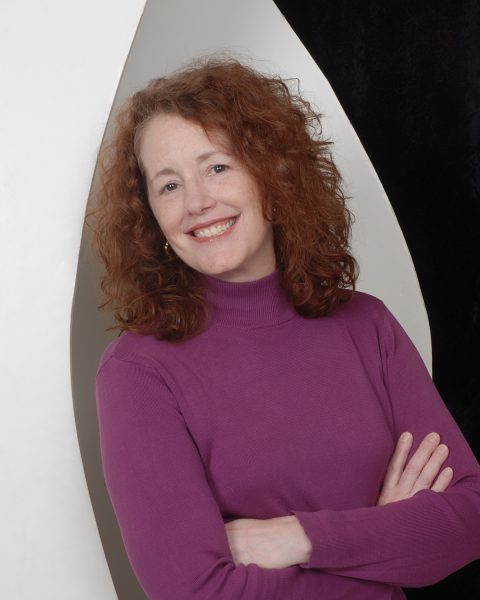
The Rev. Cory L. Kemp is founder and faith mentor with Broad Plains Faith Coaching. Cory, employing her signature Handcrafted Faith program, supports ordained and lay women leaders in visualizing, understanding and strengthening their beliefs, so that they may know, love and serve God and their communities with generosity, wisdom, and joy.
Requests for republishing, click here
Want to volunteer to write for us? Click here

